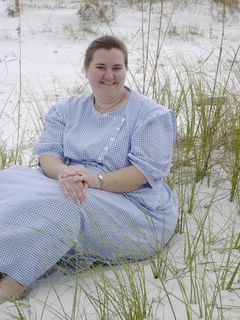I got flu shot
“There is a misconception that people can get influenza from getting the vaccine. This is not true. Most people have little or no reaction to the influenza vaccine. The vaccine is made from a killed virus and cannot cause influenza.
People who develop influenza-like illnesses after getting the vaccine may have been in contact with the influenza virus prior to immunization or may have come down with another circulating virus. After an influenza immunization, it takes 10 to14 days for your body to develop immunity. Therefore, it would be possible for someone to develop influenza before immunity develops if they are exposed around the time of vaccination.”
The first time, I decided that it must have been a fluke. But after that second shot, I was so sick I had to hang onto the wall every time I had to empty my guts into the commode. Whether the shot caused it or not, I decided I was not about to try it again. I have not had the flu since then. I’ve had more than my fair share of pharyngitis, laryngitis, and bronchitis several times a year—especially since moving into the allergy capital of the U.S. Not once did I get the flu.
Ok, so we were told by our professors that there is a new infection control JCAHO standard that requires hospitals, critical access hospitals, and long term care facilities to have their staff with close patient contact vaccinated for influenza beginning January 2007. This includes students and faculty in clinical. So, unless we get the vaccine, we cannot do clinicals. If we don’t do clinicals, we don’t pass. What to do?
I drug my feet about it until the flu shot was once again offered for free by my employer. So yesterday I rolled up my sleeve and took it, telling myself that being more medically informed now would surely help stave off the flu.
Guess what! Today, the arm where I got my shot has an area a little bigger than a quarter that is red, hard and definitely inflamed. I’ve had a roaring headache all day. I feel feverish and have the worst stomach cramps ever. As the day progressed, if I wasn’t on the commode emptying my guts out, I was walking around with my cheeks puckered with a will of iron. And this is only the first day after!
Have I been around sick people recently? Absolutely! I’ve been around them quite a bit in the last year. I’ve even been in the room of an MRSA patient who was so sick, his bones had disintegrated. Did I get sick? Not until now. So you tell me…does the flu shot give you the flu?

